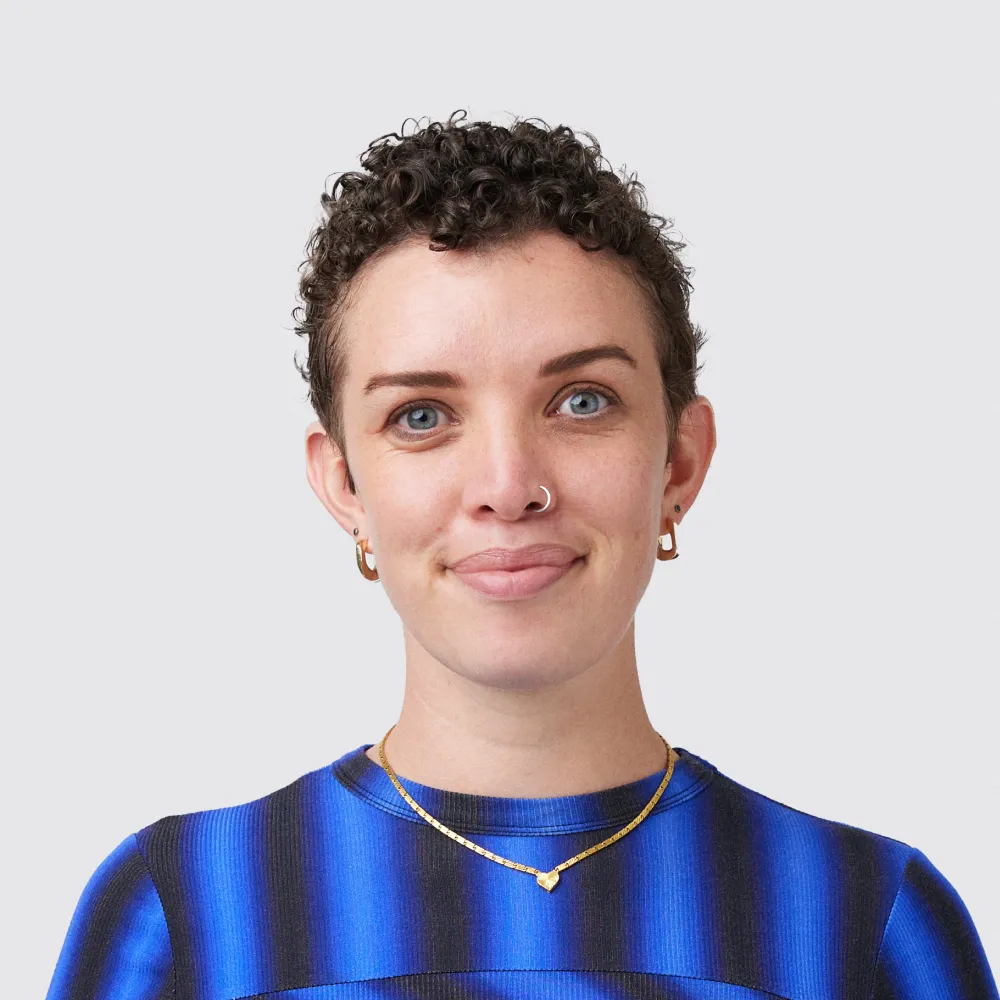Creating spaces where people can be their authentic selves is at the heart of Archie Beetle’s work as the founder and CEO of Queer Town . From the early days of starting a queer support group in high school to creating transformative, inclusive spaces in workplaces and beyond, Archie shares their personal journey and their dream of breaking down the social norms that continue to restrict self-expression for all.
Archie Beetle, Founder and CEO of Queer Town
Lauren Chibert, Partnerships Lead at Today
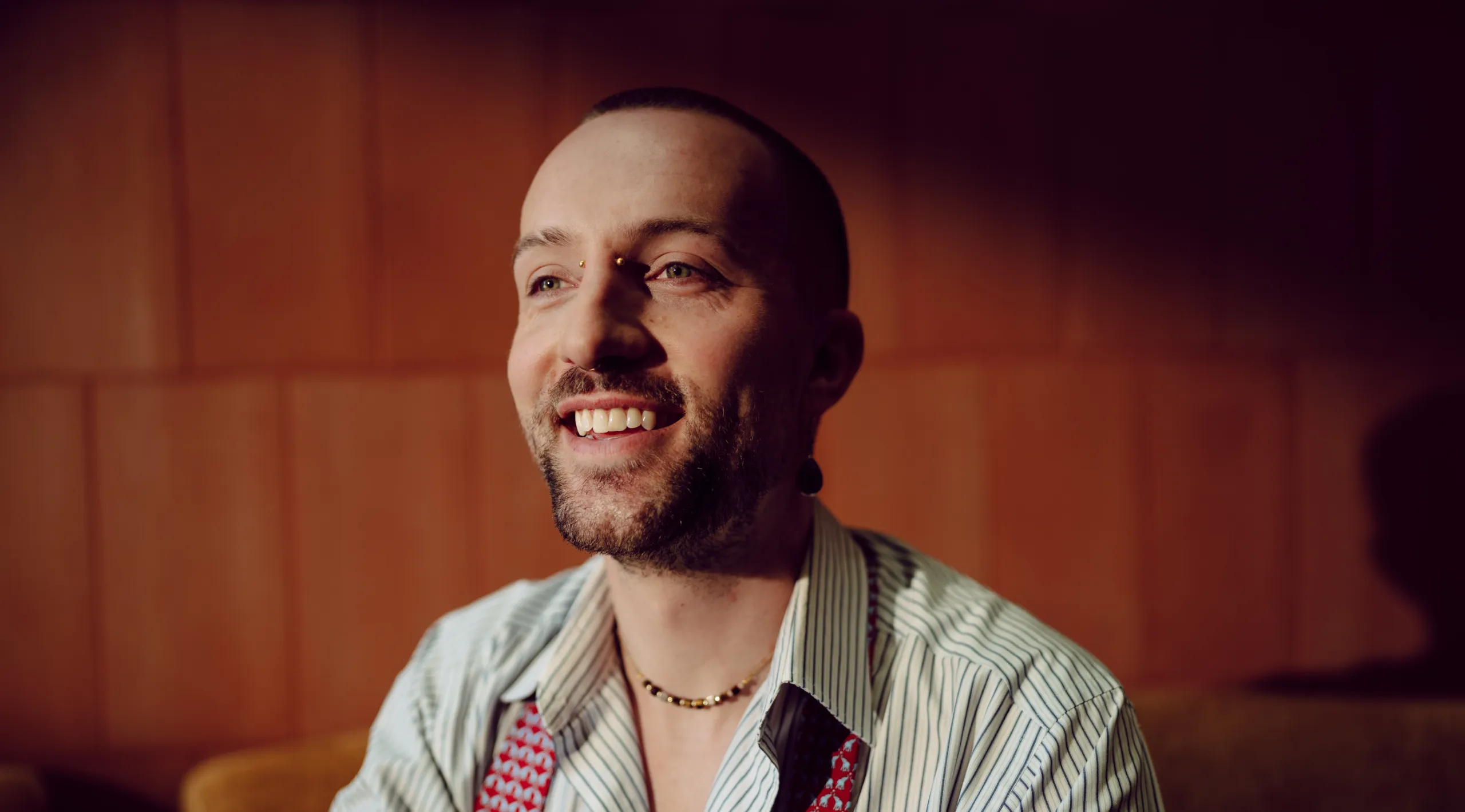
When someone asks you what you do, how do you explain it?
I'm the founder and CEO of Queer Town. We're a small, queer-led business delivering education and producing digital content on LGBTIQA+ inclusion and allyship. The mission is to create spaces—whether that's workplaces, schools or communities—where people can express themselves authentically, feel safe, and be welcomed for who they are. And I think LGBTIQA+ is a vehicle for us to have those conversations.
In everything we do, I want to invest back into the queer community. So whether that's hiring a queer team or queer contractors or investing back into queer artists, that’s a priority for us.
It's interesting what you said about how LGBTIQA+ is the vehicle, and about creating spaces where people can be their authentic selves. You didn't delineate. Talk to me about that.
I’m the lead educator at Queer Town so most of the time I’m in workplaces or meeting new people and delivering education. Something that is really rewarding is seeing people come to understand that LGBTIQA+ education and content isn't removed from them, even if you're not a member of the community. The core of the education is how can we respect others for who they are? How can we show up as our authentic selves? How can we help others feel confident to be themselves? And that's something relatable to everyone.
I think so many of us have had an experience that's related to being a member of a minority group or experiencing oppression in some way. So there's always a through line. I often have people coming up to me at the end of the session saying, “Oh my gosh, I resonated with that so much. And I can understand that feeling of being left out, or feeling scared to be yourself, or having your family not understand you.”
So that empathy build is really strong. Our focus is LGBTIQA+, but I find that really we're just talking about being a good person and not being an asshole.
Our focus is LGBTIQA+, but I find that really we're just talking about being a good person and not being an asshole.
Archie Beetle
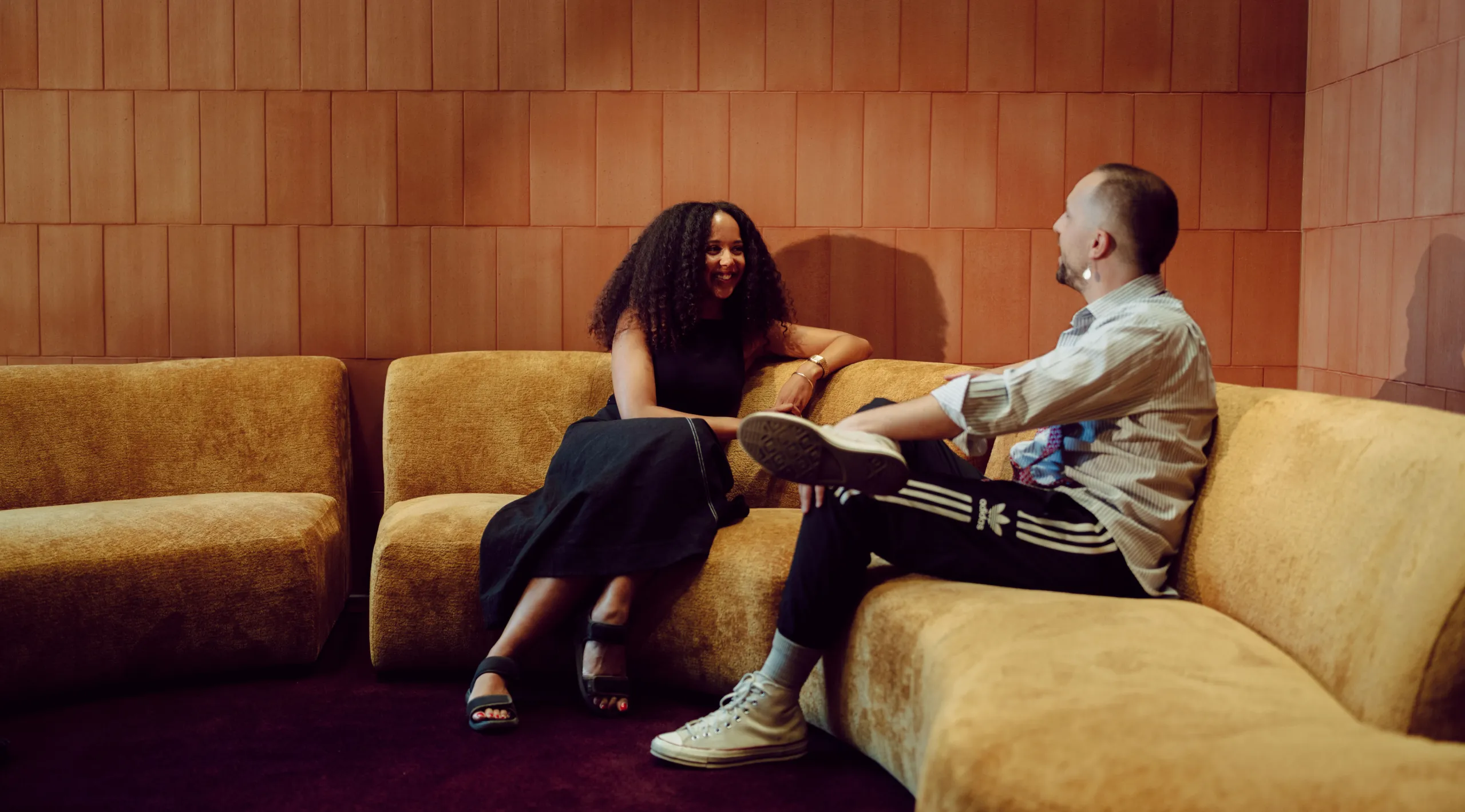
Why did you start Queer Town? What ignited the beginnings?
My mum said recently, “I feel like it was already written in your stars”, because there's been this pattern in my life of leading some sort of queer initiative or movement.
I started back when I was at Melbourne High School, which is one of the most traditional schools in the country. It’s hyper-masculine and has very old-school values and traditions—it’s often referred to as ‘the Boy’s Club’. While I was there, a friend and I went through the process of starting a queer support group, which was the first of its kind and we were just sort of making it up as we went.
That was a really transformative experience to go from feeling so isolated within a school of 1,500 boys to being a member of this group. At first, there was just a handful of us meeting after school and talking about our experiences navigating identity as teenagers.
And then I watched that group grow over a couple of years to more than 30 students coming each week. We went to the Pride March in our uniform, and we put posters up around the school. I felt like that group saved my life and changed other lives. So that was just burnt into me, and I couldn't see myself ever doing anything less meaningful. I couldn't imagine ever getting a regular job.
So when I entered the workforce, I was at Melbourne Museum, and I did the same thing. I looked around and thought, there are no queer people visible. So I started the LGBTIQA+ working groups and advisory boards there, which then extended to Scienceworks and the Immigration Museum.
Another transformative moment was when someone was crying in our inaugural meeting at Melbourne Museum, and he said, “I've been at the museum for 20 years, and I've not met another openly queer person here.” That was really powerful.
I was feeling so disenfranchised as a queer person working in the corporate world. So I couldn't resist the temptation to leave and start my own thing again. And this time as an organisation. Queer Town has changed and transformed a lot in six years, but I just knew that I was going to make it work somehow. And now we get to create inclusive, transformative spaces in all kinds of different workplaces and schools and it's really exciting.
What does being an ally mean to you?
I think allyship is often looked at as if it's in a fishbowl, kind of separate to the broader community as though there's this binary between allies and being LGBTIQA+, or that it's some finish line you have to get to then get your allyship badge. But to me, allyship is a combination of values and actions. It's a willingness to learn, to support others, to have an open mind and to evolve because allyship intrinsically is learning about an experience that’s different to your own. You need to be open to transforming the way you see the world.
The second part is the action. A lot of people say that they're allies because they “accept gay people.” But allyship is how you're actively playing a role in bettering those lives. And it doesn't mean you have to go to the march or create a poster or lead the movement, but I think for me, in my personal life, the strongest allies have been close friends or family members who do the little things. Like making an effort with your pronouns, or teaching you how to do makeup, or using your new name and encouraging exploration rather than making you feel uncomfortable about it.
For me, an ally is someone I feel safe with or comfortable with. And it's so important to note that as a member of the community, we've got to be allies to the rest of the community as well. For example, being a lesbian doesn't necessarily mean you know everything about being trans or intersex, we’ve all got to continue learning how to be allies to others.
I think the biggest barrier to allyship is fear of making a mistake or offending someone, or looking like an idiot. And I feel that pressure myself when I'm trying to support my friends who are people of colour, for example. I feel the fear of not knowing how to be the best ally. So I try really hard through the workshops I deliver at a Queer Town to break down that fear. As I always say, it's so much better to engage even if you slip up along the way rather than avoid or ignore, because the result of that is a person or community feeling isolated.
In my personal life, the strongest allies have been close friends or family members who do the little things. Like making an effort with your pronouns, or teaching you how to do makeup, or using your new name and encouraging exploration rather than making you feel uncomfortable about it.
Archie Beetle
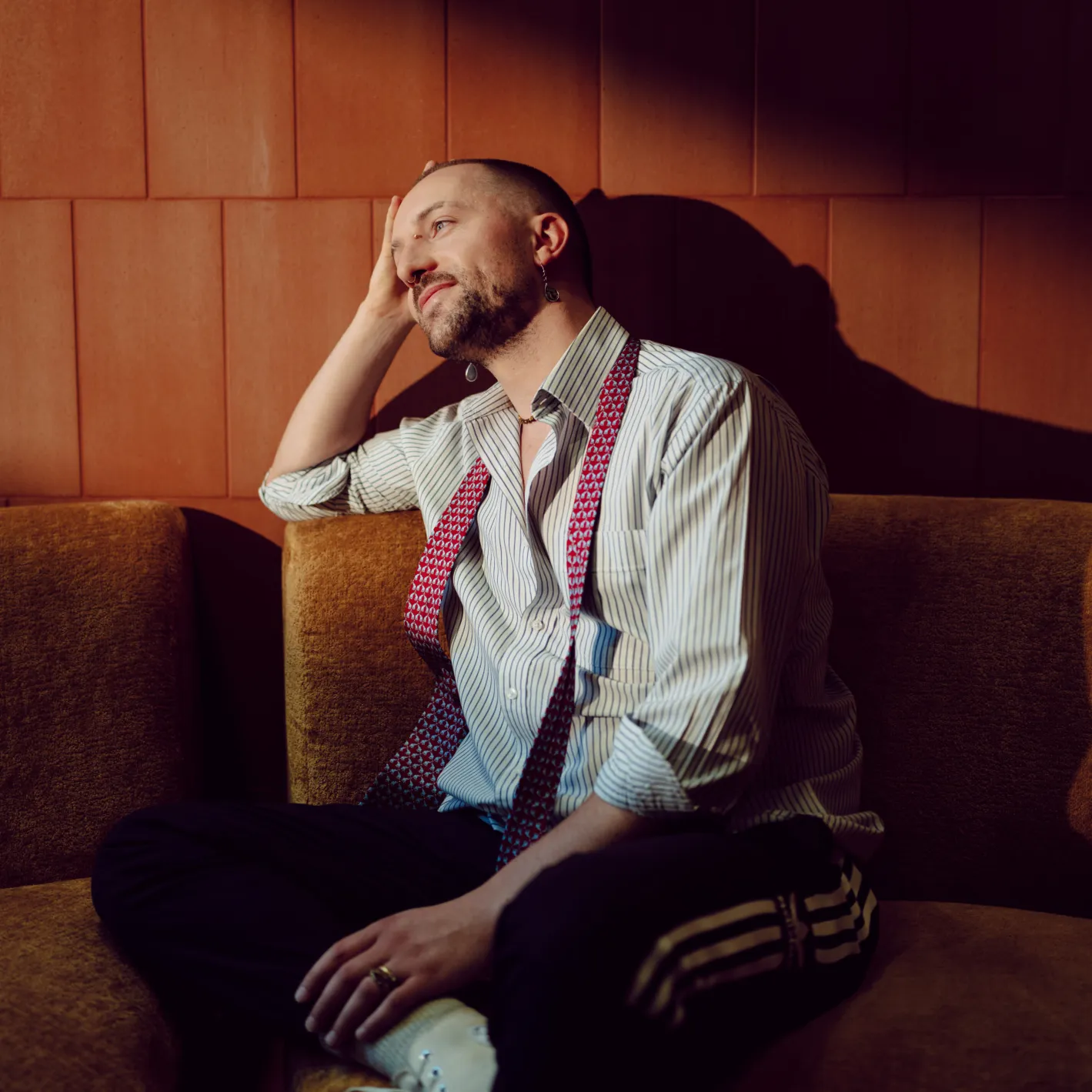
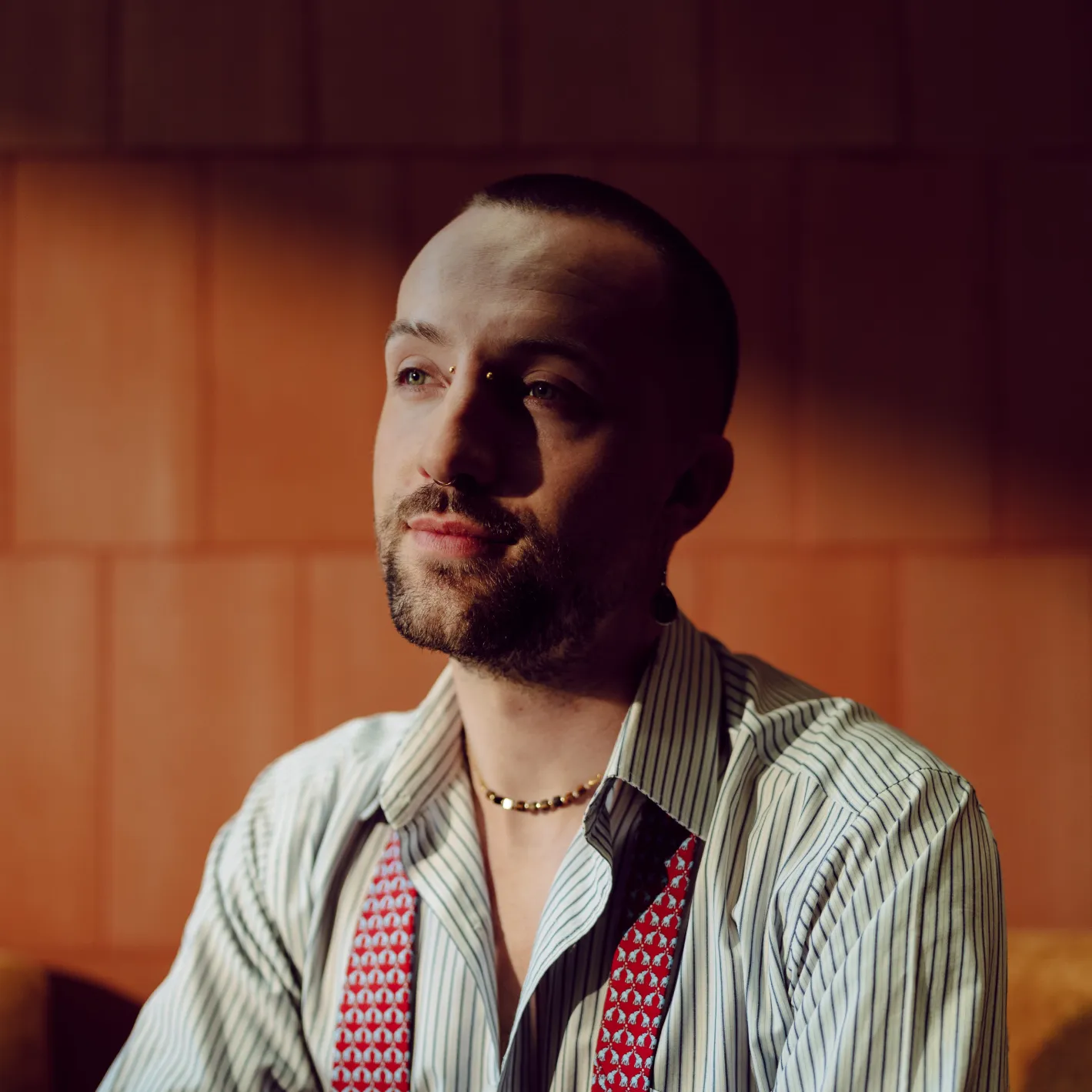
I love what you say about being open to change. I prefer the term allyship over ally – allyship is growing, it's progress. I worry about the term ally, because like you said, it becomes a badge, and it can feel like a final destination. But allyship is about constantly learning, and being open to failure. It's always progressing.
Yes, it is. And I think it can be daunting for people. There's so much work involved, but it doesn't mean you have to be hitting a certain target every day or throughout the week. We've all got different capacities and resources and experience, but as long as you are making some sort of active step towards respecting others and including others, that’s the main thing.
Yes, it's not necessarily about leading the march, like you say, it's about making people feel safe in a one-on-one, and then that trickles out.
Totally. And, like with anything, your confidence will grow over time. True allyship is being able to speak up and say something, even if there's not a queer person there, you're not just doing it to demonstrate or show or perform to the queer community that you're standing up for them. You’re able to do that work without needing the validation of the community you're supporting.
Which can be scary. Allies typically have some sort of privilege, at least in that context, and are not part of the minority group. So they put themselves at risk by speaking out, and that can be scary for people, which I understand.
I think that's what’s so special about the work that you do. You create such a safe and comfortable space to slip up, to make mistakes, and to progress. It's so powerful to have those moments where you can just ask silly questions or say silly things, knowing that it's going to be okay.
And it builds confidence by just having that go, it's like a little rehearsal, or it breaks the ice, and you get encouragement from a member of the community. I like to encourage people that they are on the right track or that if they don’t know something, they can ask a respectful question, which is what we encourage doing in real life. It gives permission for people to engage.
Since starting Queer Town six years ago, what are the changes that you've seen in this space?
Towards the start, it was a bit more preaching to the choir. The people who were booking us were already on the journey, already committed and involved. Whereas now, our platform's grown and the expectation in society has shifted, there's been momentum in an expectation to create inclusive workplaces or schools.
The generation that's coming through schools and our workforces has grown up at a time when gender diversity and ‘queerness’ was so much more apparent. It was less taboo. More people are exploring their identity, their pronouns, and language. So existing institutions like organisations and schools are suddenly asking, “how do we deal with this?” Or, “We've got a diversity and inclusion expectation. How do we meet it?”
So now it's less preaching to the choir, and it's more heteronormative spaces.
Recently I've been working at different depots with tradies talking about gender diversity. And if I had to do that six years ago when I started, I would've been sweating. They're now some of my favourite sessions because it’s always a profound experience for the participants.
And you see the arc of the body language of arms crossed, leaning back, disengaged and uncomfortable at the start, and then at the end of the session asking questions, wanting to find out when the next event is, and taking an ally badge. So that's been rewarding and a big shift.
I'm also seeing how much the older generation is being confronted by the work. I saw a lot more resistance in the past from that generation as though this wasn't going to get legs. “We're not doing this, we're not using they/them pronouns, that goes against my understanding.”
Whereas now there's been so much momentum, it's not realistic to resist it. The truth is: you get on board, or you get left behind. More people are recognising that they need to learn in order to keep up, which is a real shift.
It's exciting for Queer Town because we're in a position to provide that education - we’re no longer banging down the door trying to convince people of the value.
More people are recognising that they need to learn in order to keep up, which is a real shift. It's exciting for Queer Town because we're in a position to provide that education - we’re no longer banging down the door trying to convince people of the value.
Archie Beetle
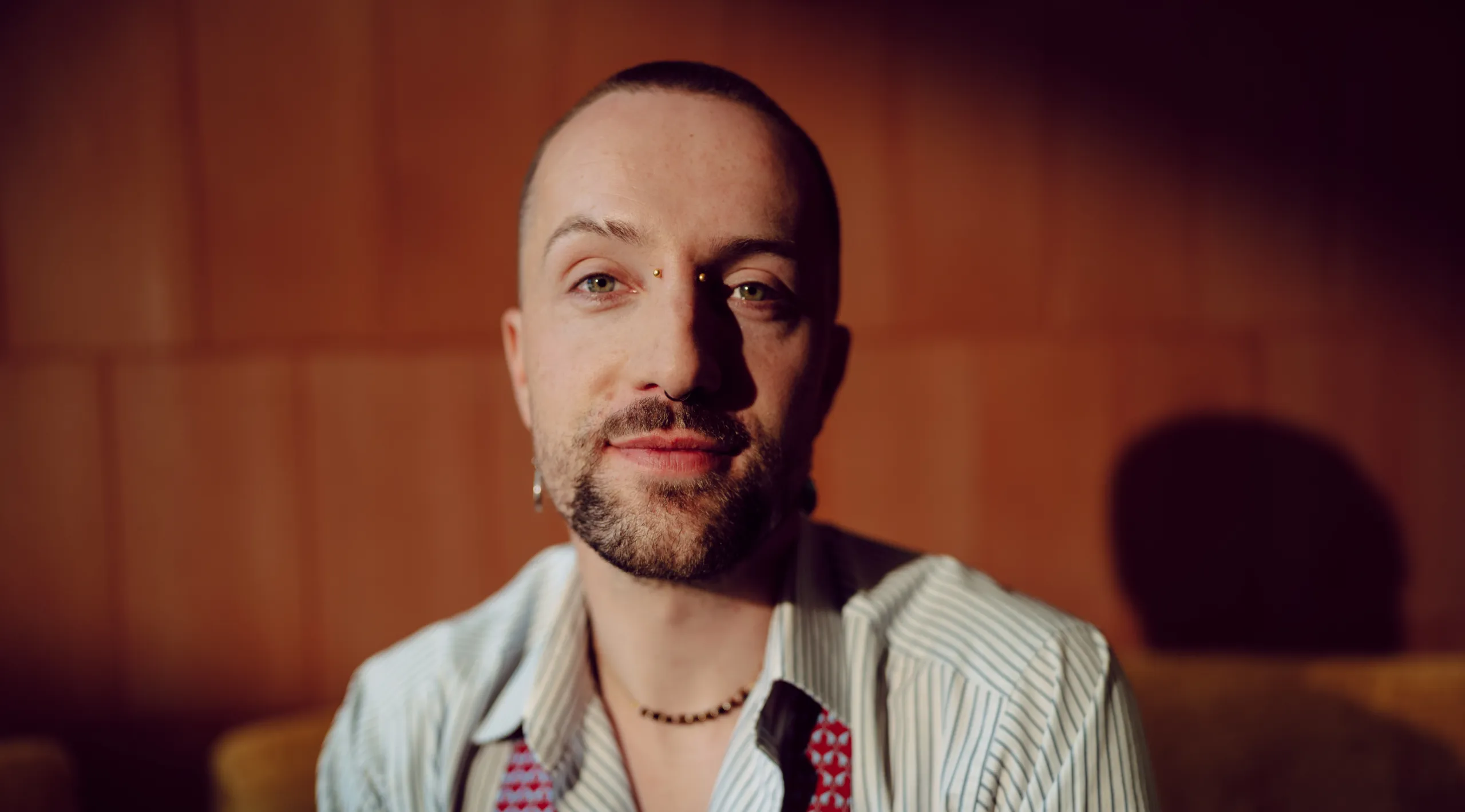
What would be your dream opportunity to create a positive impact in the world?
I'm so interested in the exploration of identity, in particular, gender. For me, it’s the most fascinating experience of being a human. It's been something that I've had to really interrogate and navigate since I was a kid.
The social norms around gender that we all experience, and it's not unique to LGBTIQA+, really create a huge barrier to progress in terms of inclusion for this community, but also just for self-expression, for healthy relationships, and for communication across the board.
I think my mission in life is going to be deconstructing social norms around gender. I do have this fantasy of a David Attenborough-esque documentary on gender identity. I just want to take the shackles of these kinds of social norms away.
The work that we do at Queer Town in terms of creating inclusive environments is true for anyone. If everyone could wear whatever they wanted out of the house, for example, I know people would be so much more empowered. They'd feel more like themselves. Other classic examples are if men felt as though they could be more emotional, effeminate, or communicative with their friends or their community or if women didn't feel restrained by social norms and expectations around their behaviour, clothing, or professional aspirations.
And trans and gender-diverse people being able to just exist and aspire to whatever the fuck they want without being limited by the expectations of by stangers.
My dream is to destroy the social norms and expectations around gender that are thrust onto all of us by outdated traditions, *cough* the patriarchy *cough*.
My dream is to destroy the social norms and expectations around gender that are thrust onto all of us by outdated traditions, *cough* the patriarchy *cough*.
Archie Beetle
What do you think needs to change for that to happen? What are the barriers that are at play?
The biggest barrier in my mind is the patriarchy and the ridiculous expectations it sets for all of us - including men. But I think, to be honest, in this context, nothing’s going to change on its own.
I feel like, as cliché as it is to say, I need to be an agent of change to help make that happen.
And that's always been my approach since I was a kid and a teenager, I'll make it happen somehow. I'll just make it happen. I've got the education, I've got the resources, I've got the passion, and I know in my mind, I'll do it in some way, shape, or form.
As queer people, we’re constantly told to make ourselves smaller and to accept and assimilate with the status quo. But I’m not interested in the status quo. We need change, and I'm willing to fight for change.
As queer people, we’re constantly told to make ourselves smaller and to accept and assimilate with the status quo. But I’m not interested in the status quo. We need change, and I'm willing to fight for change.
Archie Beetle
